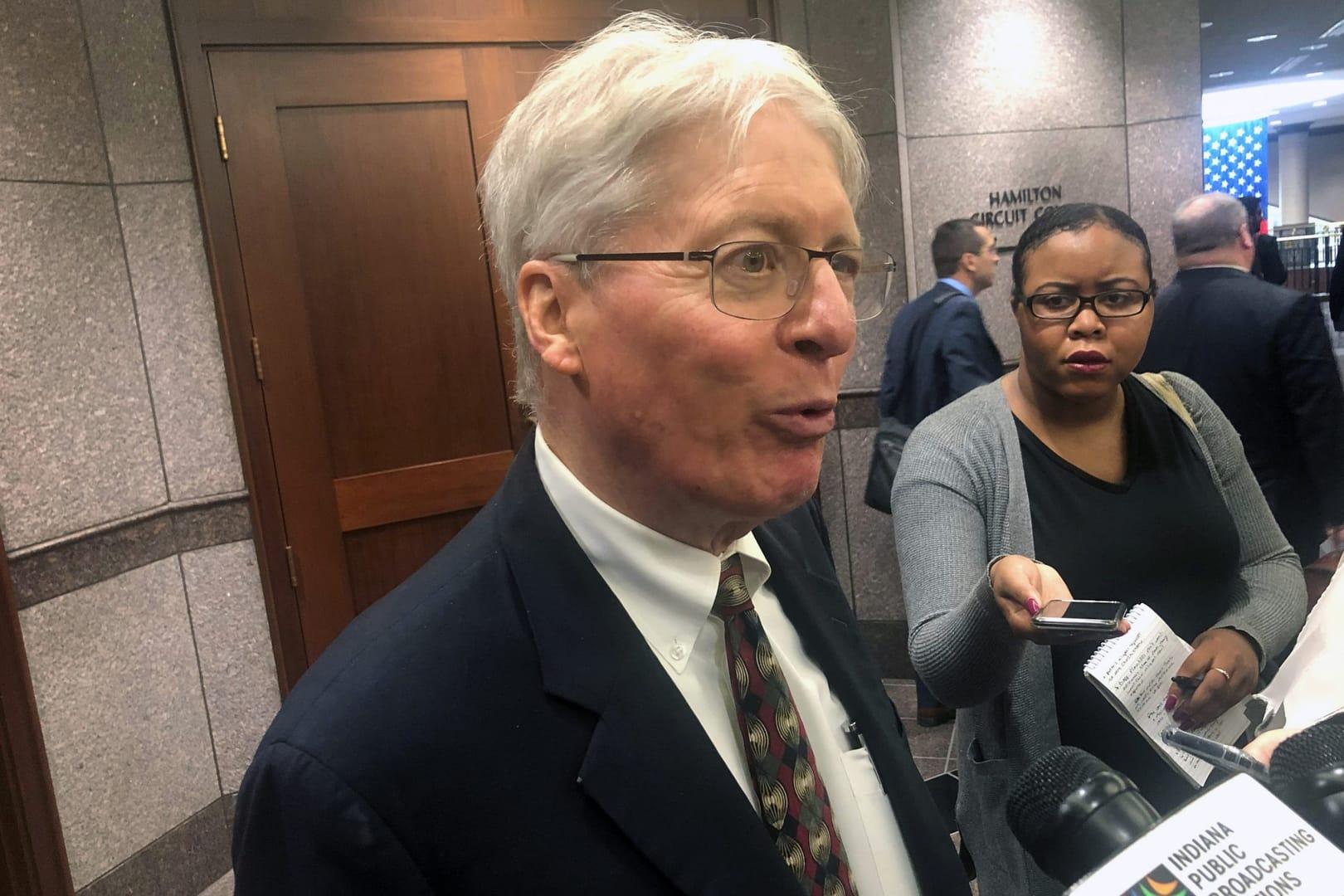INDIANAPOLIS — An Indiana court rejected an appeal Thursday from conservative religious groups that have unsuccessfully challenged limits on the state’s religious objections law that were adopted under then-Gov. Mike Pence.
The state appeals court ruling upheld a suburban Indianapolis county judge’s decision last year that the three groups failed to prove they had faced any harm, agreeing with arguments by the state and four cities that the organizations lacked standing to sue.
Pence, a Republican who is now vice president, signed the 2015 law prohibiting any government actions that “substantially burden” a person or organization’s ability to follow religious beliefs amid a national uproar that the law could be used to discriminate against gays and lesbians. But days later, the Republican-dominated Legislature made revisions blocking its use as a legal defense for refusing to provide services and preventing the law from overriding local ordinances with LGBT protections.
The appeals court found that the organizations had not faced any interference in their activities from the state law or local civil rights ordinances that include protections based on sexual orientation and gender identity in Indianapolis, Carmel, Bloomington and Columbus, which is Pence’s hometown.
“The (groups) continue to hold their training events in the cities since the passage of the ordinances, and they have not altered their presentations and programs in any fashion,” the ruling said. “In short, the (groups) remain free, without interference, to express their religious views on marriage and human sexuality as they always have.”
Attorney James Bopp, who represents the Indiana Family Institute, Indiana Family Action and the American Family Association of Indiana, argued during an October hearing that they were subject to “grotesque stripping” of their religious rights by the Legislature.
Bopp said Thursday the groups have limited their activities to avoid legal action under the city ordinances and would consider an appeal to the state Supreme Court.
“They have declined to have meetings in Indianapolis or Bloomington or Columbus because of the threat of enforcement of those ordinances and under the First Amendment that is an injury,” Bopp said. “You don’t get to go to Bloomington and talk with people.”
At least 21 Indiana cities or counties — representing about 38 percent of the state’s population — now have local LGBT protection ordinances, according to the gay-rights advocacy group Freedom Indiana.












